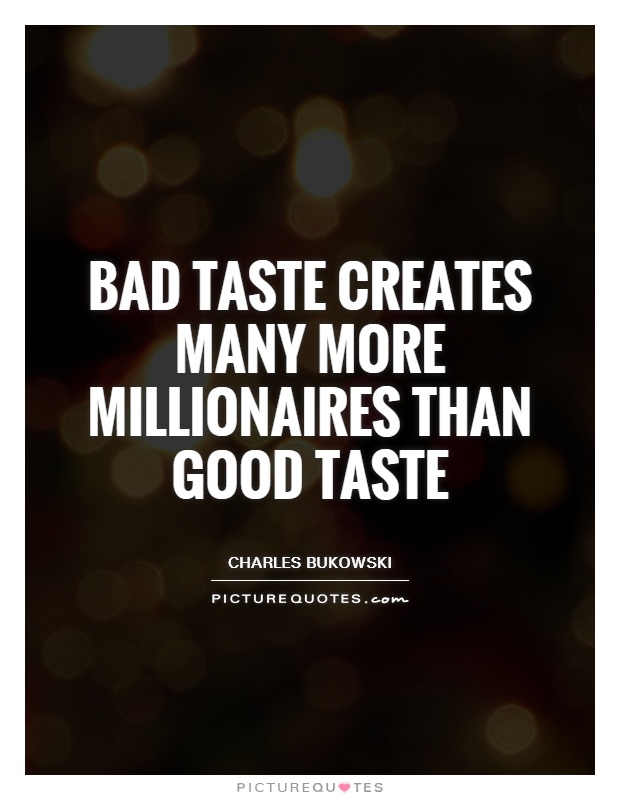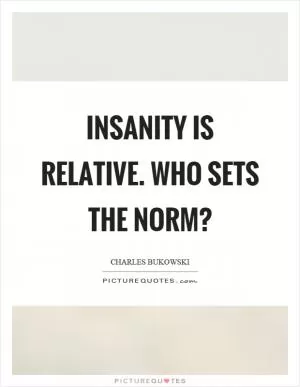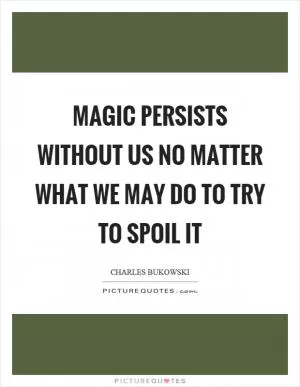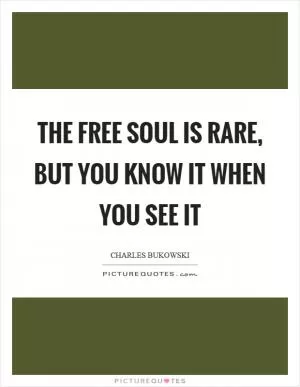Bad taste creates many more millionaires than good taste

Bad taste creates many more millionaires than good taste
Charles Bukowski, the infamous American writer known for his raw and gritty writing style, is a perfect example of someone who embodied the idea that "bad taste creates many more millionaires than good taste." Bukowski's work often delved into the seedy underbelly of society, exploring themes of alcoholism, poverty, and the struggles of the working class. His writing was often considered vulgar, crude, and offensive to many, but it was precisely this "bad taste" that set him apart from other writers and garnered him a cult following.Bukowski's writing was unapologetically honest and raw, reflecting his own experiences growing up in poverty and struggling to make ends meet. His work often featured characters who were down-and-out, living on the fringes of society, and engaging in debauchery and self-destructive behavior. While some critics dismissed his work as vulgar and lacking in literary merit, others saw it as a powerful and unflinching portrayal of the human condition.
Despite his controversial reputation, Bukowski's work resonated with a large audience, particularly those who felt marginalized or disenfranchised. His novels and poetry collections sold millions of copies worldwide, and he became a literary sensation in the 1970s and 1980s. Bukowski's success as a writer was a testament to the fact that sometimes, it is the "bad taste" that captures people's attention and makes a lasting impact.












 Friendship Quotes
Friendship Quotes Love Quotes
Love Quotes Life Quotes
Life Quotes Funny Quotes
Funny Quotes Motivational Quotes
Motivational Quotes Inspirational Quotes
Inspirational Quotes